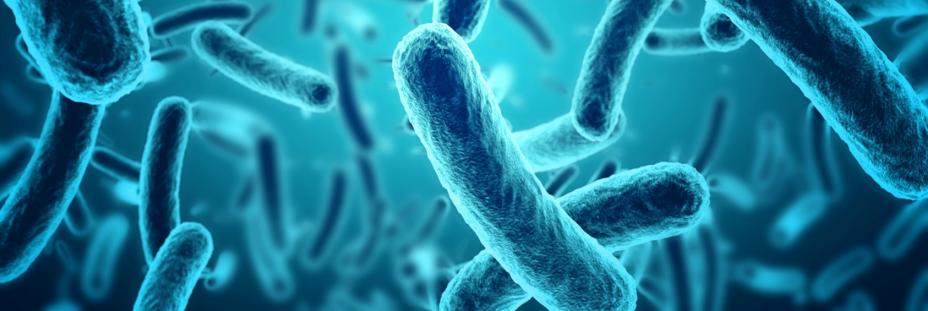Common words used in probiotic cleaning

Earth is home to many different lifeforms, but none more abundant and impactful than our microbial neighbors. Present on Earth for over 3 billion years, the diverse roles that microbes play are becoming more and more evident and every day we learn about the critical importance of these microbes for human health and all other life on Earth. There are of course many words to describe the microscopic world around us and if you were so inclined, could spend your whole life digging into any one topic. However, to get you started on your quest for learning about the microbial world, please see the list of words below for inspiration.
See the list of commonly used terms in probiotic cleaning
A type of Gram-positive rod-shaped bacteria that can form an endospore and is widely found in water and soil. There are over 200 different species of Bacillus.
A visible mass of microorganisms all originating from a single mother cell. CFU is used to estimate the number of viable bacteria in a sample by counting colonies.
When a spore returns to a vegetative or active state.
A commonly used classification that broadly groups bacteria based on their cell wall components.
The variability among living organisms that cannot be seen with the unaided eye. Typically, diversity is a measure of variation at the genetic, species and ecosystem level.
A general term denoting the biological process of generating a protein that can serve a specific function.
The composition of all the microorganisms (bacteria, fungi, etc.) that live in or on a given environment (e.g. human microbiome, home microbiome).
A dormant, stress tolerant, form that helps certain bacteria survive adverse conditions.
A subtype of a microorganism (e.g. bacterial species) which typically varies based on genetic traits.
Naturally occurring microorganism isolated from the environment that is distinct from a laboratory derived mutant or a genetically modified type.